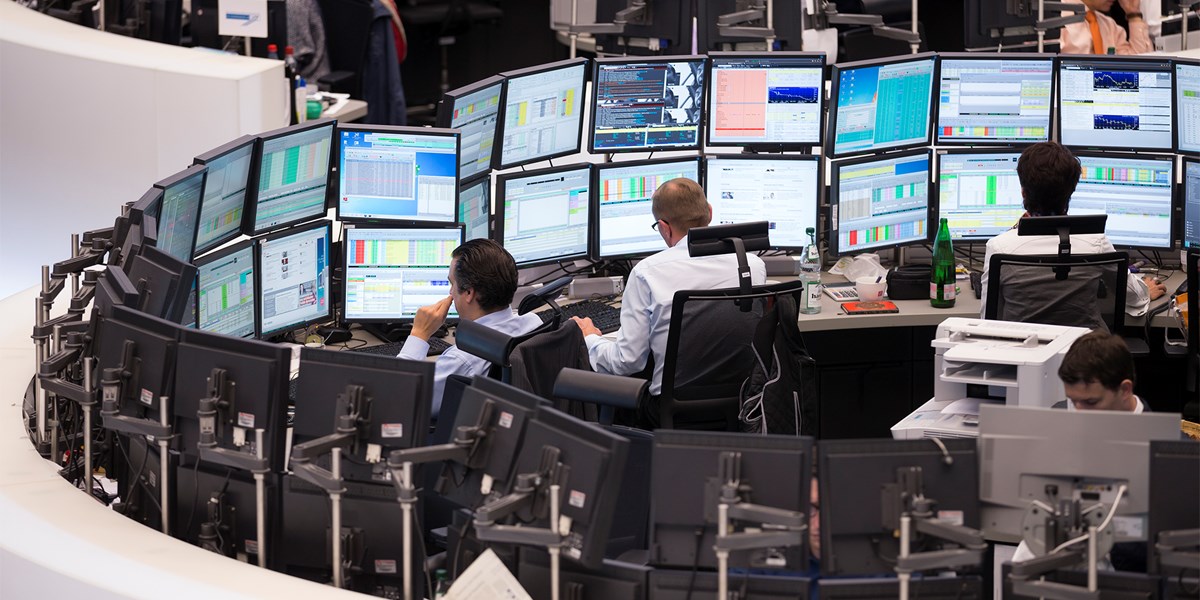For a better night’s sleep, I study the transmission of energy and raw materials in the large chemical industry. By that I mean the tatas and yaras mountains of this world, which can be roughly divided into three categories: steel, plastic, and fertilizer. As the second largest chemical sector in Europe, the Netherlands is an important player. Now that cheap Slochteren gas is ready, climate milestones are getting closer and emissions are getting more expensive fast, the question is how these industries will break the fossil fuel habit.
As study materials, I use the announced plans of the companies themselves and the works of Urgenda, a sustainability organization that, in addition to the climate case against the state, repeatedly puts dozens of constructive solutions on the table. Urgenda director Morgan Ménisma is on top. I’ve never met anyone like her. An experienced constructive realistic activist. She tirelessly drives her electric car past governments and organizations, from Torentje and a citizens’ cooperative to large industrial corporations. There she urges everyone to do what is planned for 2040 in 2035 – or rather, in 2030. She advises to skip that greener intermediate step and immediately start building towards the most ambitious, climate-neutral goal. Preferably with a neighbor’s waste.
The good news is that there are now alternatives to all the dirty production processes, with green energy, electricity, hydrogen and circular raw materials. Ammonia can soon be produced using hydrogen and electricity and is not only used in fertilizers, but also plays an important role as a green energy carrier. You can also make plastic using electro-cracking. You can make steel with hydrogen. Or the two could become greener in coexistence by using each other’s carbon-containing waste: carbon monoxide could be washed out of blast furnace gas and used as a feedstock for plastic production. The plastic used could then replace the charcoal in the redox reaction to free the iron from the ore. Moreover, it is mainly about consuming less, recycling and producing as little virgin material as possible.
And suddenly you also see shades of gray in the chemical industry: plastics with a plan and ambition and, on the other hand, companies that, in Minisma’s words, “compete with them”. Truly future-proof processes versus low-CO2 innovations2 Reduce or capture mainly as an intermediate station. Modern steel mills versus old stuff where it can’t be greened and that really needs to be replaced with something better.
The Tata factory in IJmuiden is a prime example. Factory closures and 8 percent of Dutch carbon dioxide2Emissions disappear in one fell swoop. An added advantage is that fewer farmers have to stop. A lot of skilled people are available to help build the infrastructure of the green economy. And fewer cancer patients in Egmond. Win-win. bye tata
Fossil elephant in the shell room. It’s 2023 and still no one knows how this company will make itself useful in the future. And she herself claims to have a very environmentally friendly disposition and emphasizes her huge investments in the green future: no less than three billion euros annually. And three billion is also a lot of money – except when you consider that the company will be Four billion euros Nothing is better than buying its shares.
In fact, Shell is getting carried away in search of a role. The company is doing a little biogas, a little hydrogen infrastructure, a little biokerosene, buying some forests, some solar. And most of that is an investment, not doing something alone. Future plans underscore the rosy prospect of retail: selling dirty french fries on the highways to parking chargers who are brimming with energy not generated by Shell itself.
In short, it is not clear how an oil and gas company will lead a meaningful existence in the post-fossil era. Chairman Ben van Beurden, who resigned at the start of this month, admits that Shell has so far been reluctant to strike big deals to give it more time to better understand the renewable energy sector. I think the opposite is true. I think we’re all trying very hard to understand what the hell Shell is going to do.
Roseanne Hertzberger He is a microbiologist.
A version of this article also appeared in the January 14, 2023 Journal

“Total coffee specialist. Hardcore reader. Incurable music scholar. Web guru. Freelance troublemaker. Problem solver. Travel trailblazer.”






:format(jpeg):fill(f8f8f8,true)/s3/static.nrc.nl/bvhw/wp-content/blogs.dir/114/files/2019/01/hertzberger-rosanne-2-online-artikel.png)
More Stories
1,800 new cases of whooping cough, including fifty cases in children
Crash testing in space has a Dutch touch – Dutch cowboys
Why are men always warmer than women?